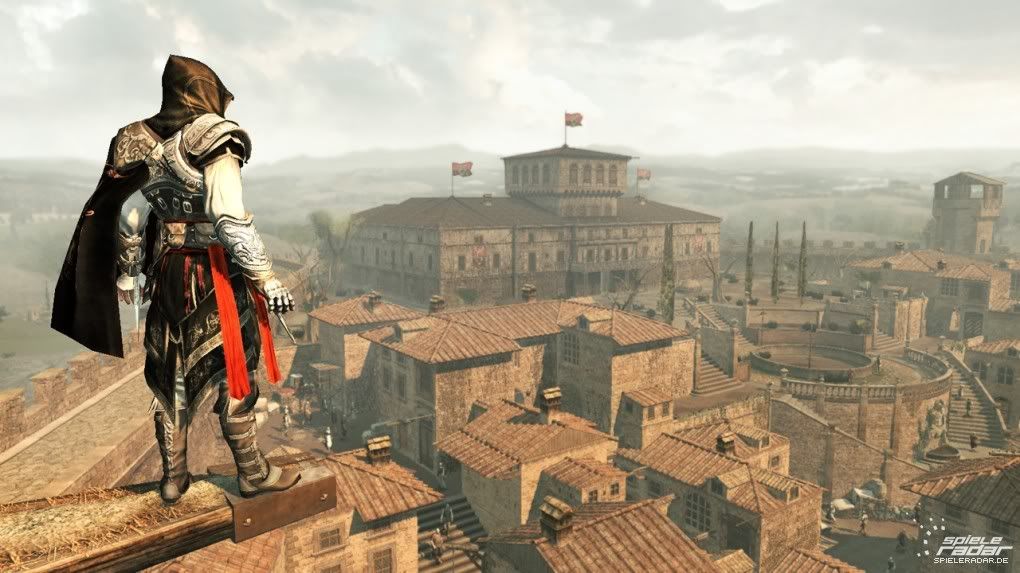When I look at a game like Brink with its arguably ground-breaking potential buried beneath a thick layer of technical issues like bugs, glitches, and connectivity problems, and seeing how people — myself included — are often unwilling to give the game a chance despite the trouble that it's having, makes me realize how we treat all games alike when we really shouldn't.

Creating an innovative game is a lot more challenging than creating the 10th iteration of Call Of Duty. With the latter example, you as a developer already have a lot of things understood, like technology, methodology, and gameplay design choices, that form a good place to start from and evolve into a new direction for a sequel. But with any original title — including a truly innovative game — you have to create many of those things from the ground up.
Previously, few released games have featured a parcour mode — even fewer have offered it in a first-person shooter, possibly none. So, you as a developer first have to design its logic as well as its implementation, which takes development time away.
Another aspect is research: Depending on the desired look of your game, you first have to spend time probing several visual experiences; whereas with the new Assassin's Creed, you already have that archive of source material and that look established. You merely need to polish that with a higher polygon count and maybe add some spice. Sure, you also have to create new models from scratch, but the overall framework of the game has already been built, so you already have half the work done.

Despite that fact, with Brink a lot of gamers expect the same experience out of the box that they get from a Battlefield game — a refined lobby system, a large-scale set of unlockables, a balanced class system — but with the addition of the new gameplay features that it promised in the trailers. Gamers should realize that developers have to make choices where to put their efforts. It's not like they have more time than the "sequel devs" to add the same plus more. That inevitably leads to either flaws in the design, poor realization, and/or less time for beta testing in order to avoid unforeseen glitches.
Heavy Rain was a similar story: It did a few major things differently, like delivering a complex story system as well as playing with our emotions like no other game before. Therefore, the development team had a lot more to discover and establish in the same amount of time. The game suffered from instances of face-warping glitches, freezing issues, and blur-effect bugs, and yet, I liked the product and didn't regret that I bought it. But did the reports about a desputably "broken" game scare away some other potential buyers? I bet they did.
So, what's the solution to this mess? To ask gamers to be more tolerant? Although this seems to be the best choice in my opinion, I think that's rather utopian. Should we ask publishers to sell innovative games and original works for a slightly lower price point than sequels? I don't know if that is fair, but it would definitely allow me as a consumer to be less harsh with a flawed but innovative game.


